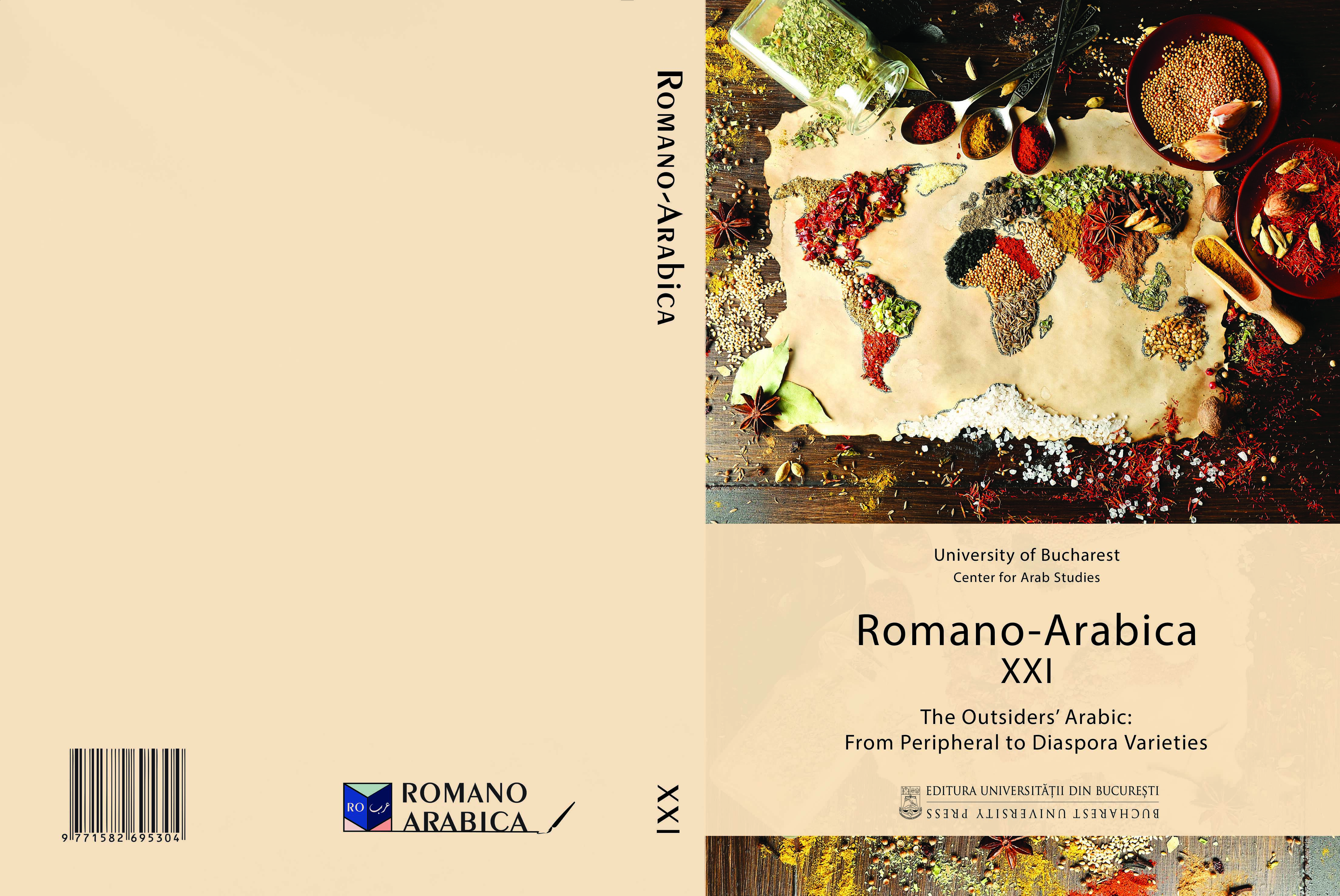THE USES OF SUBJECT PRONOUNS IN CLASSICAL
ARABIC AND MODERN ARABIC DIALECTS
THE USES OF SUBJECT PRONOUNS IN CLASSICAL
ARABIC AND MODERN ARABIC DIALECTS
Author(s): Amal Zu'biSubject(s): Language and Literature Studies, Theoretical Linguistics, Historical Linguistics, Comparative Linguistics, Descriptive linguistics
Published by: Editura Universităţii din Bucureşti
Keywords: Subject pronouns; Arabic dialects; Classical Arabic; Ambiguity; Emphasis;
Summary/Abstract: The present paper discusses the following question: What is the function of subject pronouns if the sentences have the same meaning with or without the pronoun? In this paper I propose that in modern Arabic dialects (henceforth MAD), subject pronouns do have a communicative function and their use or deletion is not a free choice made by the speaker. This paper shows that subject pronouns serve to preclude ambiguity. I found that in the perfect Classical Arabic (henceforth CA) and Qəltu dialects do not use a pronoun to avoid ambiguity for 1p.sg and 2p.m.sg because in these dialects there are two different forms for the two persons, i.e. there is no ambiguity and as a result there is no need for a pronoun. Unlike CA and Qəltu dialects, Galilean Arabic (henceforth GA) uses the pronoun to avoid ambiguity because in this dialect there is one form for 1p.sg and 2p.m.sg, i.e. ambiguity arises and there is a need for pronoun. In the imperfect CA, GA and Qəltu dialects have ambiguous forms for 2p.m.sg and 3p.f.sg. As a result, there is a need for a pronoun in order to avoid the ambiguity and resolve the problem. All of them have used the pronoun for this purpose: GA, Qəltu dialects and CA. In addition, I found that the pronoun is sometimes superfluous or has an emphasizing function in these dialects, but it is mandatory when there is an ambiguity to be resolved. These results confirm my hypothesis regarding the use and the function of the subject pronoun in MAD.
Journal: Romano-Arabica
- Issue Year: XXI/2022
- Issue No: 21
- Page Range: 161-183
- Page Count: 23
- Language: English, Arabic

